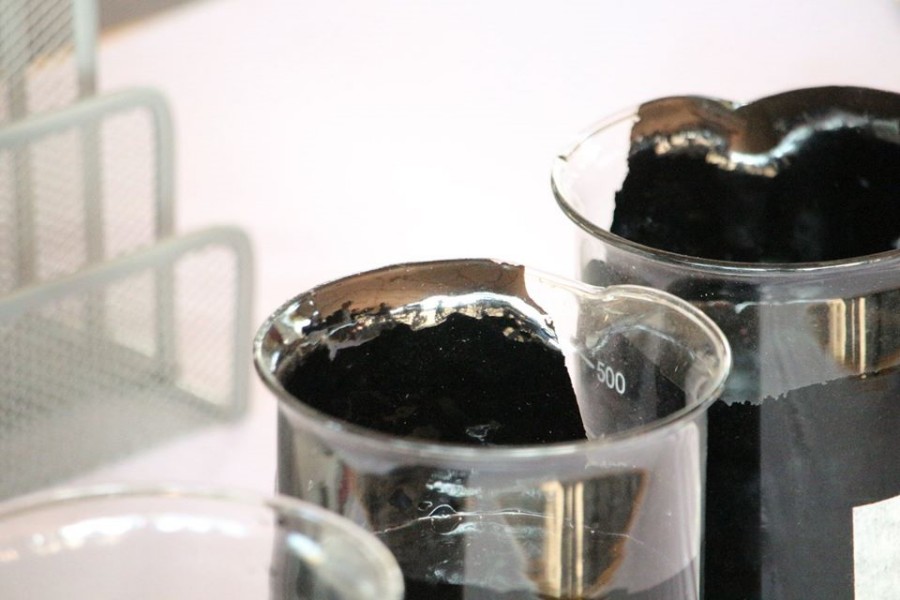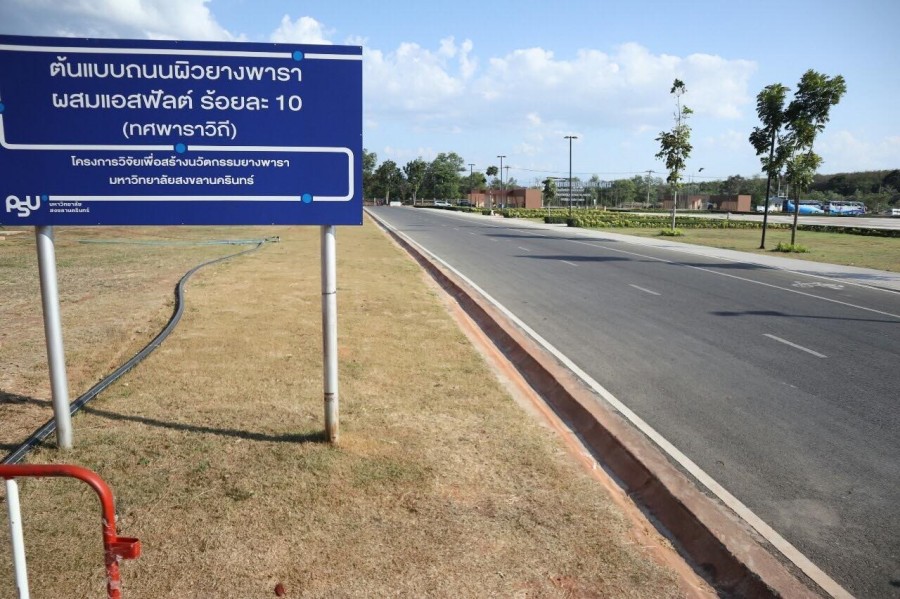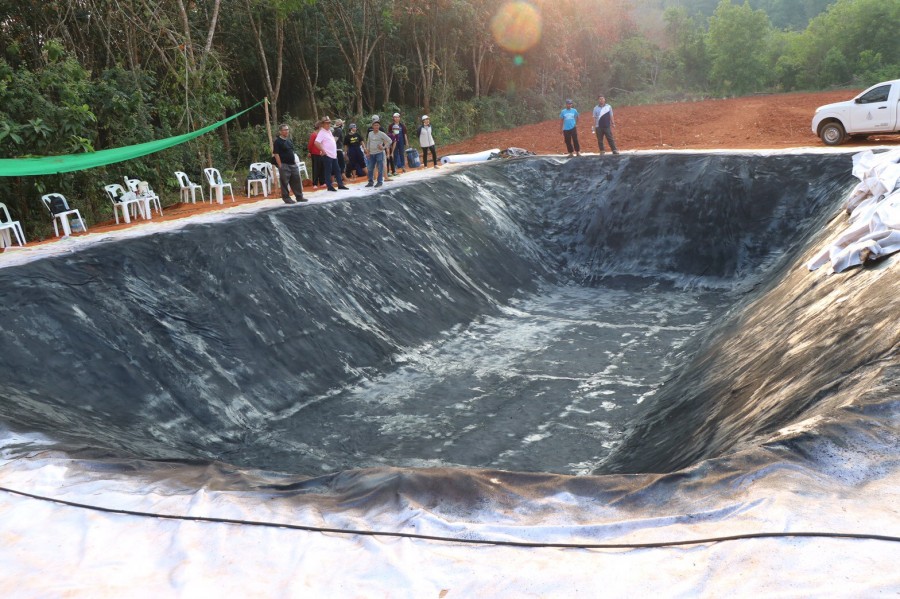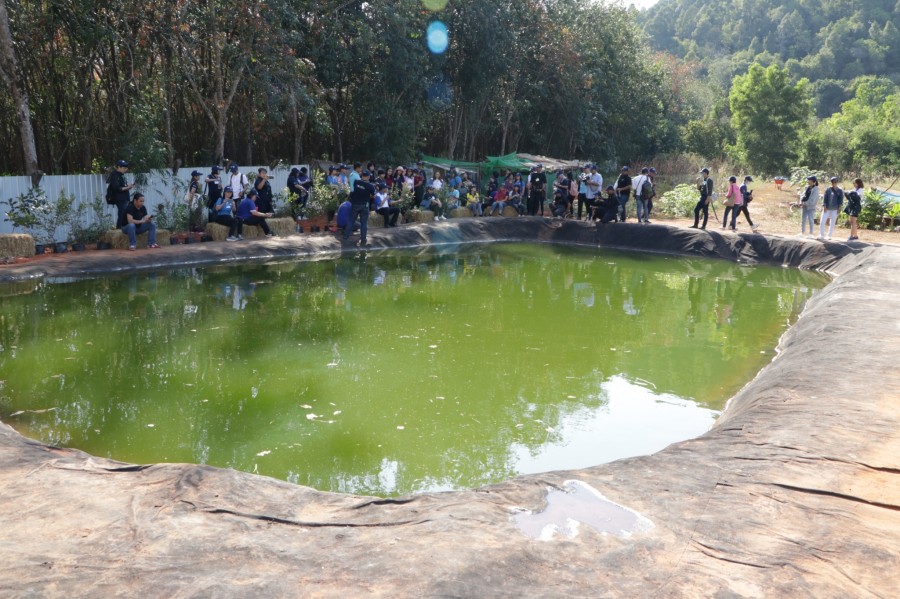In response to the government's policy to solve the problem of low rubber prices by processing rubber into products that can be used in the construction, agriculture, and industrial sectors, PSU researchers from various faculties and campuses have coordinated their efforts to study the processing of rubber into various useful products. The teams, led by Assoc. Prof. Dr. Charoen Nakason, Vice President of PSU Surat Thani Campus, created rubber pillows, mattresses, rubber flooring for ponds and pools, and rubber roads, achieving a significant step towards increasing the value of rubber, and thus towards creating stability and prosperity for the country’s rubber industry.’

Nowadays, roads built with a mixture of rubber and asphalt usually contain not more than five percent rubber and use latex as an ingredient, but PSU researcher Assoc. Prof. Dr. Charoen Nakason and team have developed techniques to go beyond these limits, resulting in roads that use "dry rubber" as a substitute for latex, and an equal or higher percentage of rubber. Accordingly, the Benja Parawithi road uses five percent rubber, while the “Tossa Parawithi” road contains ten percent rubber, making it the first road in Thailand that uses such a high proportion of rubber. The team has found that smoother driving and shorter braking distance are two of the main advantages of using such roads, while durability and other properties still require further monitoring. Accordingly, the PSU Faculty of Engineering continuously inspects road quality and collects relevant data, which will set standards for future opportunities.

Meanwhile, the outstanding properties of rubber in terms of strength and flexibility were the basis of research by Assoc. Prof. Dr. Skulrat Pichaiyut and team, who examined the potential of rubber as a material for laying the foundation of ponds and pools with better quality materials than what is currently used. They have found that a unique mixture of cream latex that combines non-polluting chemicals is best suitable to use as coating and flooring material. They also came up with an innovative coating process that involves spraying the material directly onto the surface instead of laying down flat sheets created by an extrusion process. The technology has been tested in terms of efficiency, quality, standards and safety of water stored in wells. Which, aside from increasing the amount of rubber used and increasing the value of rubber, also helps the agricultural and industrial sectors to store water or create a wastewater disposal pond.


